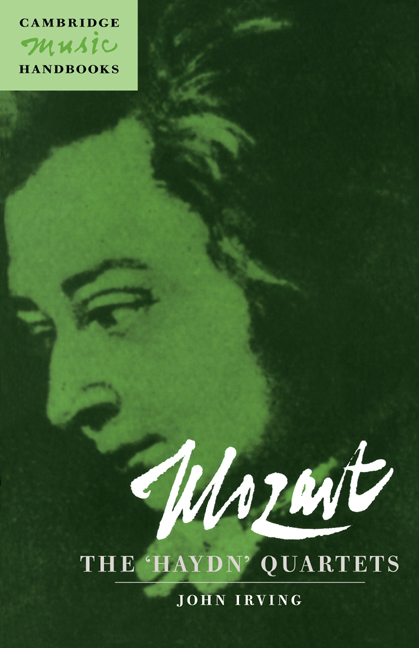German Music Criticism in the Late Eighteenth Century
Music aesthetics in late-eighteenth-century Germany has always been problematic because there was no aesthetic theory to evaluate the enormous amount of high-quality instrumental music produced by composers such as Haydn and Mozart. This book derives a practical aesthetic theory from an analysis of 1,300 reviews of instrumental music published in Germany between 1760 and 1798. The reviews document an intersection with trends in literature and philosophy, and reveal interest in criteria such as genius, the expressive power of music, and the necessity of unity, several decades earlier than has previously been supposed.
- Based on previously untapped sources
- Proposes a practical aesthetic theory based on actual music rather than on philosophical speculations
- Fills a gap in the history of German music criticism and identifies the importance of aesthetic criteria like genius and originality
Reviews & endorsements
"This book is a significant contribution to the continuing efforts by historians of eighteenth-century music to gain control over the profusion of writings about music that appeared in print during the latter part of the century." Jane R. Stevens, Notes
Product details
September 1997Hardback
9780521582278
268 pages
236 × 159 × 26 mm
0.525kg
9 tables 13 music examples
Available
Table of Contents
- Acknowledgements
- Author's note
- Introduction: terms of discourse
- 1. What does instrumental music mean?
- 2. Answering with a unified voice
- 3. Answering with a German voice
- 4. Answering with aesthetic criteria
- 5. The importance of being correct
- 6. The reign of genius
- 7. A call to order
- 8. Epilogue: segue to the nineteenth century
- Notes
- Bibliography
- Index.






